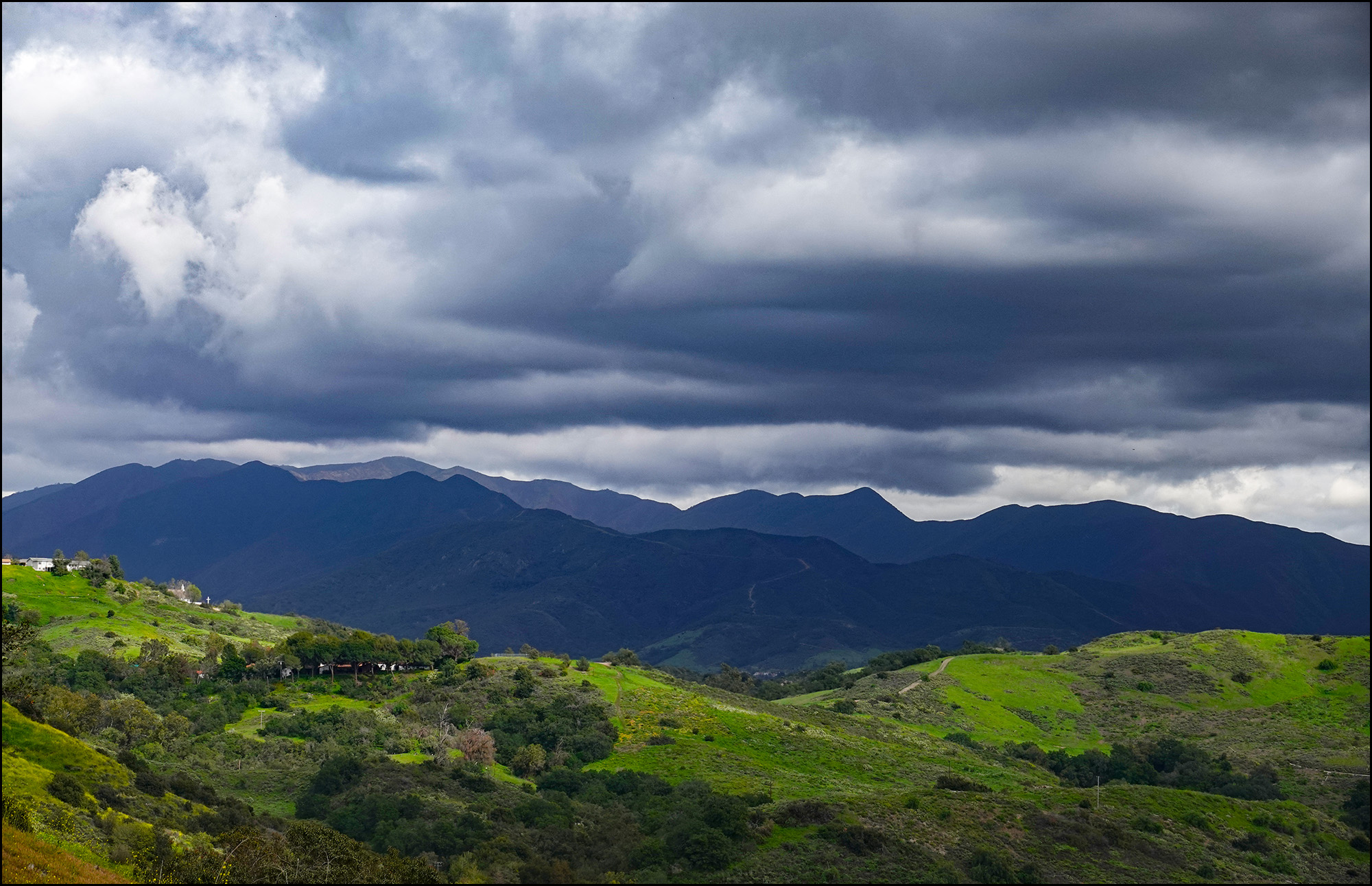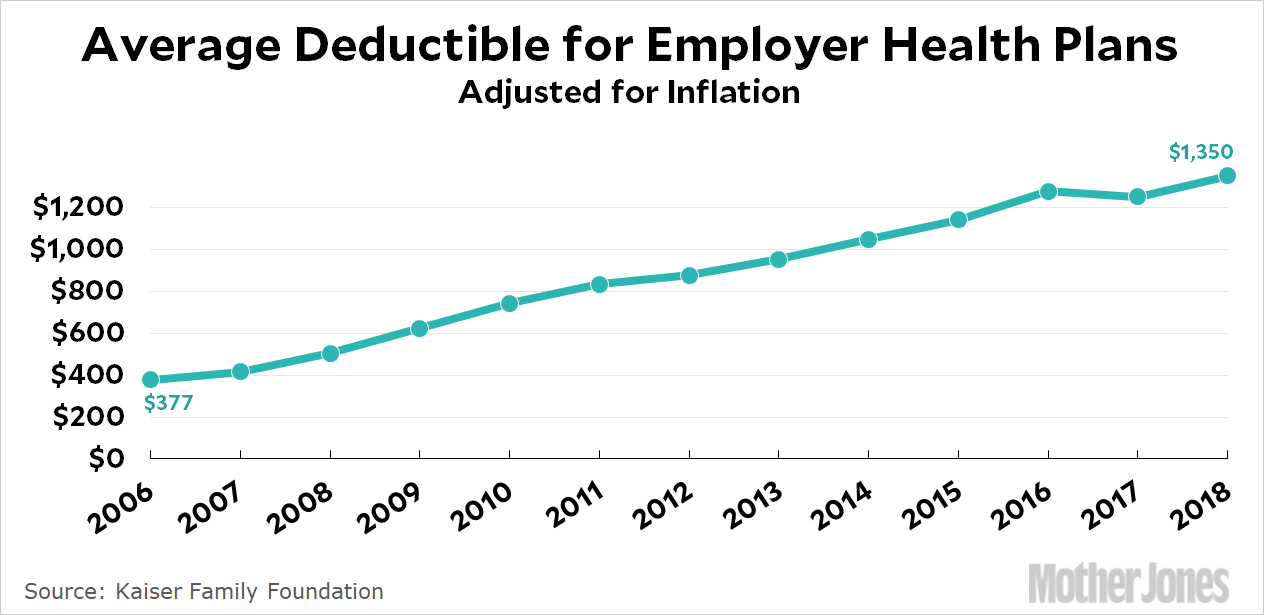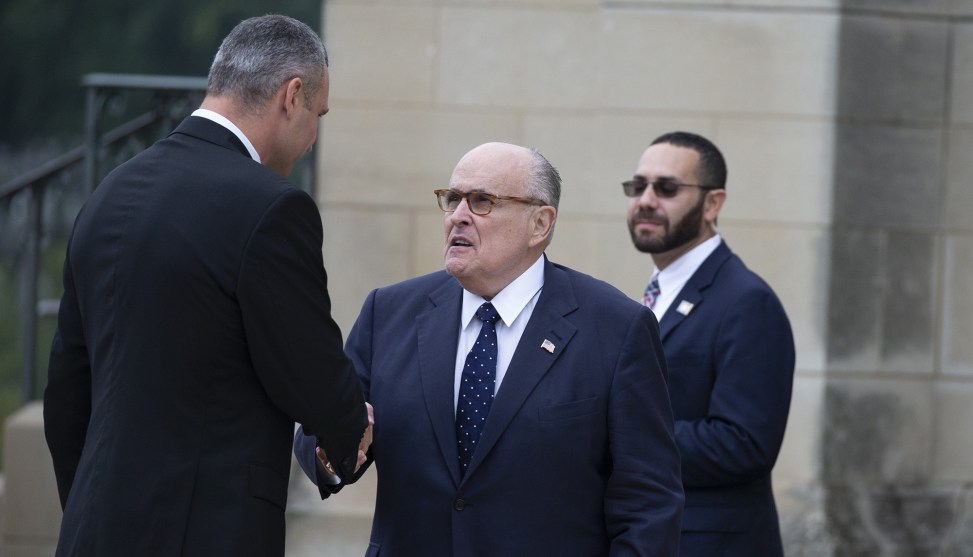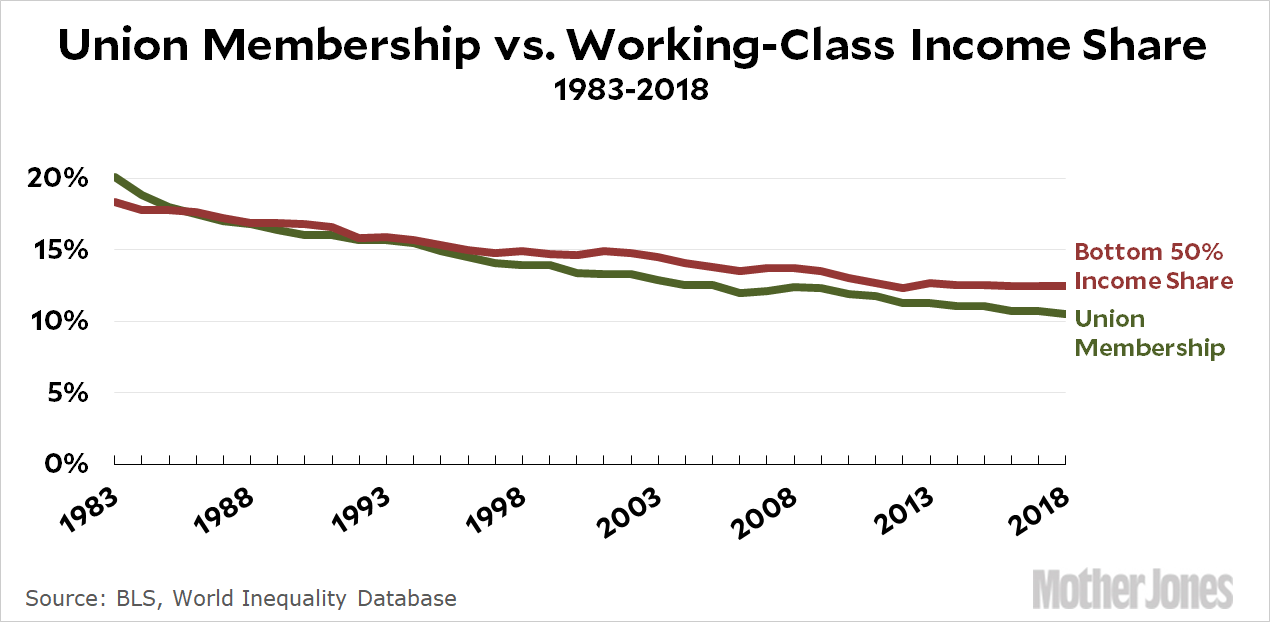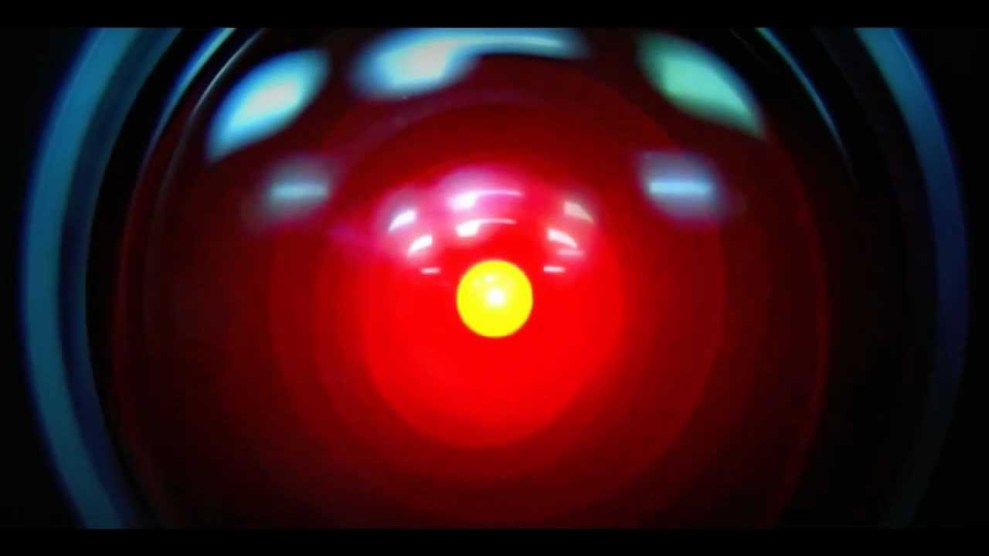One of the things on my photographic bucket list is a good picture of our local mountains. This is difficult because they’re basically pretty ugly: just dull, brown monoliths that look drab even on a clear day and aren’t high enough to get any decent looking snow in winter.
But with all the rain we got this year, I figured this was going to my best chance. All I had to do was find a place to get a nice view. This is much harder than you’d think, but eventually I found a place and got these nice shots, setting the lovely green of the nearby foothills against a dramatic, shadowy background of the mountains themselves. With the right light I might be able to do better someday, but for now this is about as good as it gets.
Everybody around here just calls these “the foothills,” but they are actually the Santa Ana Mountains, an itsy bitsy range that’s part of the Peninsular Range, which stretches from Orange County down to Baja Mexico.¹ The mountains you see on TV during Rams games or the Rose Bowl are the San Gabriel Mountains, part of the Transverse Range, which runs east-west. Both of these ranges are part of the Coast Range, which runs from Alaska down to Mexico.
¹I’ve lived here 60 years and never knew what these mountains were called. I had to look it up to write this post.
